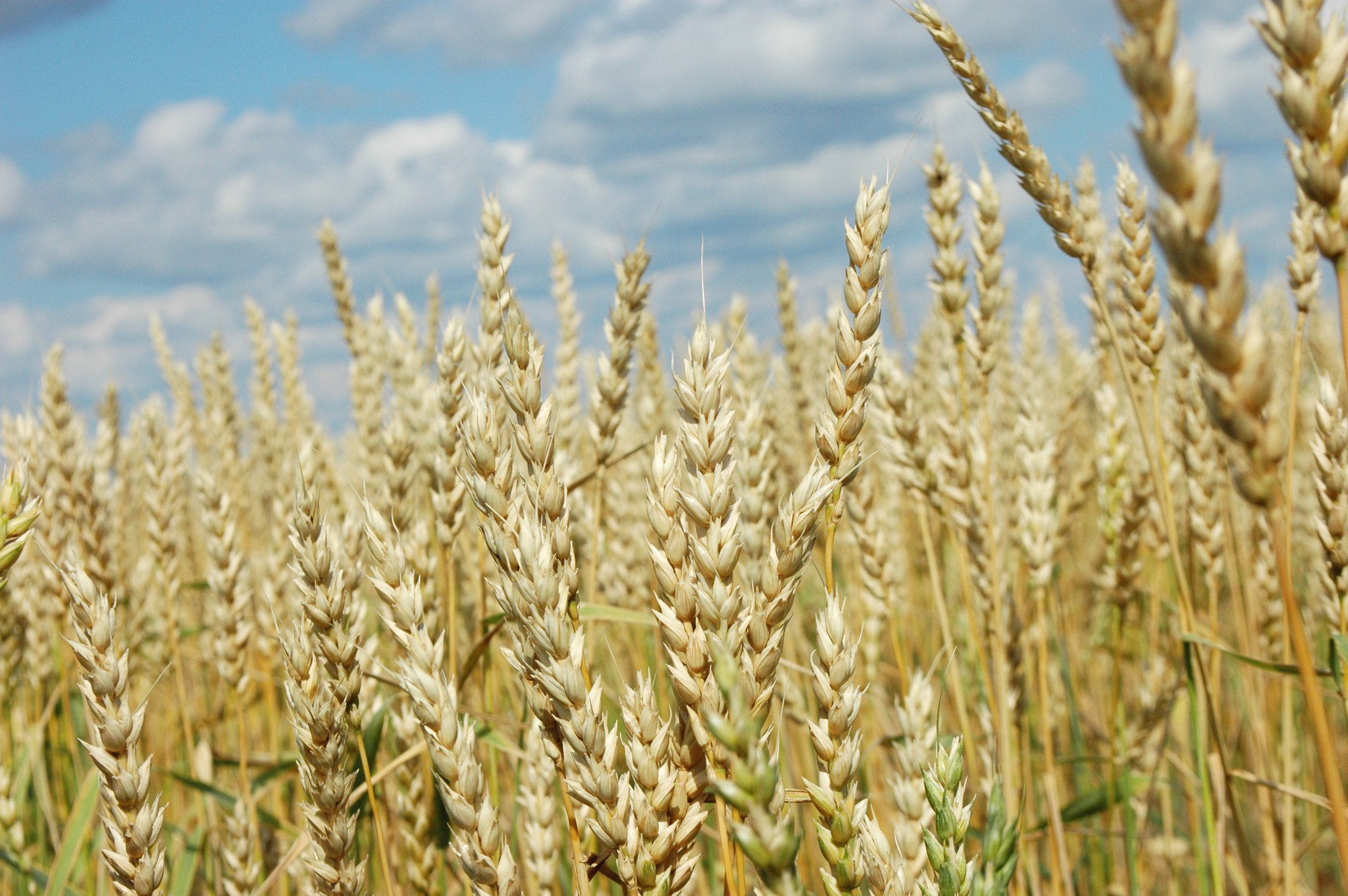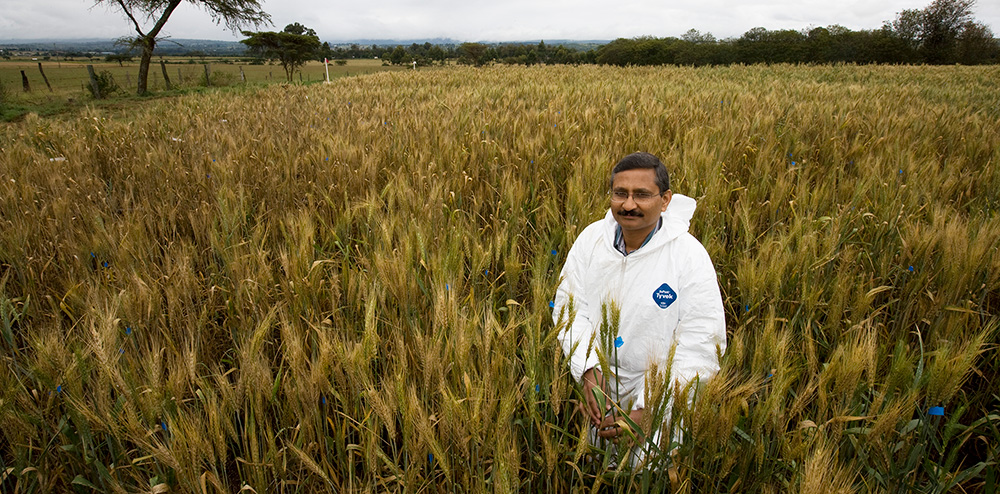The Durable Rust Resistance in Wheat project, a collaborative effort begun in April 2008, which now includes 22 research institutions around the world and is led by Cornell University, seeks to mitigate the threat of rust diseases to wheat. It aims to do so through coordinated activities that will replace susceptible varieties with durably resistant varieties, created by accelerated multilateral plant breeding and delivered through optimized developing country seed sectors. The project also aims to harness recent advances in genomics to introduce non-host resistance (immunity) into wheat.
Improved international collaboration in wheat research to meet growing world demand for food — an estimated 50 percent production increase in wheat alone is needed by 2020 — is another major goal of this project.
Objectives
- Reduce systematically the world’s vulnerability to stem rust diseases of wheat through an international collaboration unprecedented in scale and scope.
- Mitigate that threat through coordinated pathogen surveillance activities, and breeding initiatives.
- Make efforts that will replace susceptible varieties in farmer’s fields with seed of durably resistant varieties, created by accelerated multilateral plant breeding, and delivered through optimized developing country seed sectors.


 Environmental health and biodiversity
Environmental health and biodiversity